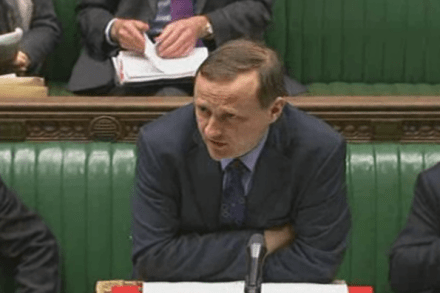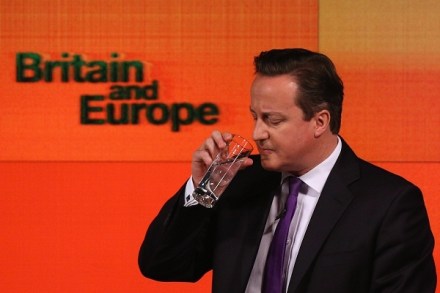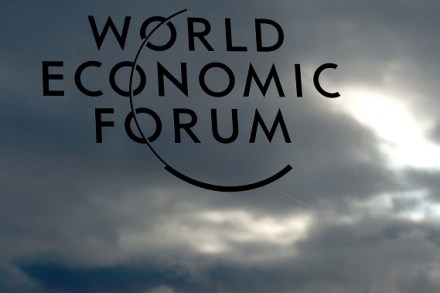Webb vs Byrne on the ‘bedroom tax’
One of the most frustrating things about being a policymaker must surely be when something that sounds so very sensible and straightforward in your ivory tower ends up being a bit messy in practice. Take the ‘bedroom tax’: it’s not actually a tax, but Labour enjoy calling anything they don’t like a ‘tax’ (odd, given their own penchant for taxation). This is a housing benefit cut for social tenants living in homes with more bedrooms than they need. It was announced in the 2010 emergency budget and comes into effect from April. Very sensible, you might think, especially when private tenants don’t get extra housing benefit for spare rooms. The





















